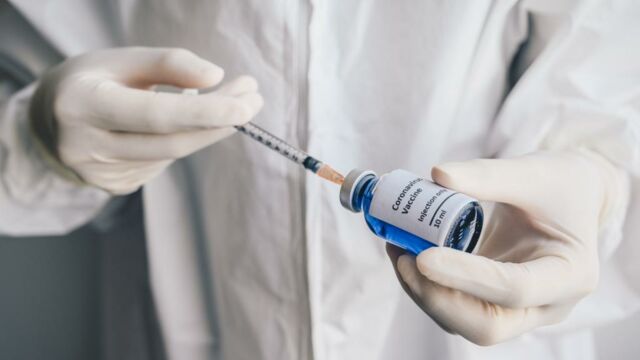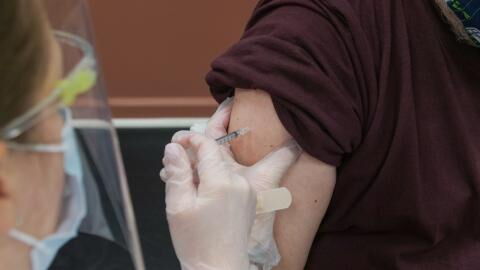Multiple coronavirus vaccines have been approved for rollout since the end of last year and many more are entering their testing phases. But now UK researchers want to find out if it is possible to have different jabs for the first and second dose and what effect would that have on the virus.
Discover our latest podcast
Can we take two different coronavirus vaccines?
Most of the coronavirus vaccines require two jabs, one for the initial introduction of the virus to the immune system and the second, roughly twelve weeks later, acts as a booster. However, scientists now want to look into the possibility of using two different vaccines for the first and second doses.
The idea behind the venture is to help increase the speed of the vaccine rollout and potentially provide any future problems that ould arise with transportation and distribution.
So far the Joint Committee on Vaccination and Immunisation (JCVI)has advised that all those in the UK who have already had their first jab with either Pfizer/BioNTech of Oxford/AstraZeneca as part of the country’s vaccine rollout program should have the same jab for their second dose. Vaccines Minister Nadhim Zahawi has revealed that so far the study will affect the current rollout at least until the summer. However, if successful, mixed doses would be used in very rare cases such as if only one vaccine was available or it is unsure what vaccine was used in the dose.
The study currently being carried out is set to involve around 800 volunteers all aged 50 and over living in London, Birmingham, Liverpool, Nottingham, Bristol, Oxford and Southampton and have not yet received their first dose. Those involved will first be offered the Oxford jab and twelve weeks later will receive a dose of the Pfizer vaccine. There is also the possibility of other vaccines being added to the mix upon their approval by regulators.
Could mixing vaccines provide better coronavirus protection?
Scientists believe that using a different vaccine for each dose may even be able to provide better protection against coronavirus.
The idea is that with vaccines such as that by Oxford, uses a harmless version of the virus known as a ‘viral postman’ to deliver pieces of key genetic makeup to the immune system to help it memorise and build resistance to infection. But, when the patient receives their second dose, the immune system may start focusing their attention to the ‘postman’ instead of the virus’ genetic material. Hopefully, by using a different vaccine for the second dose can prevent this from happening.
Chief investigator of the study, Professor Matthew Snape, spoke to BBC Radio 4’s Today programme stating that previous studies done on animals have shown ‘a better antibody response with a mixed schedule rather than the straight schedule:’
It will be really interesting to see if the different delivery methods actually could lead to an enhanced immune response [in humans],or at least a response that's as good as giving the straight schedule of the same doses.
Previous experiences with vaccines such as those for Ebola, also showed increased protection when two different jabs were used. Mr Zahawi spoke to the BBC recently outlining that mixing vaccines is no new feat and has already been done for hepatitis, polio and measles, mumps and rubella jabs.















